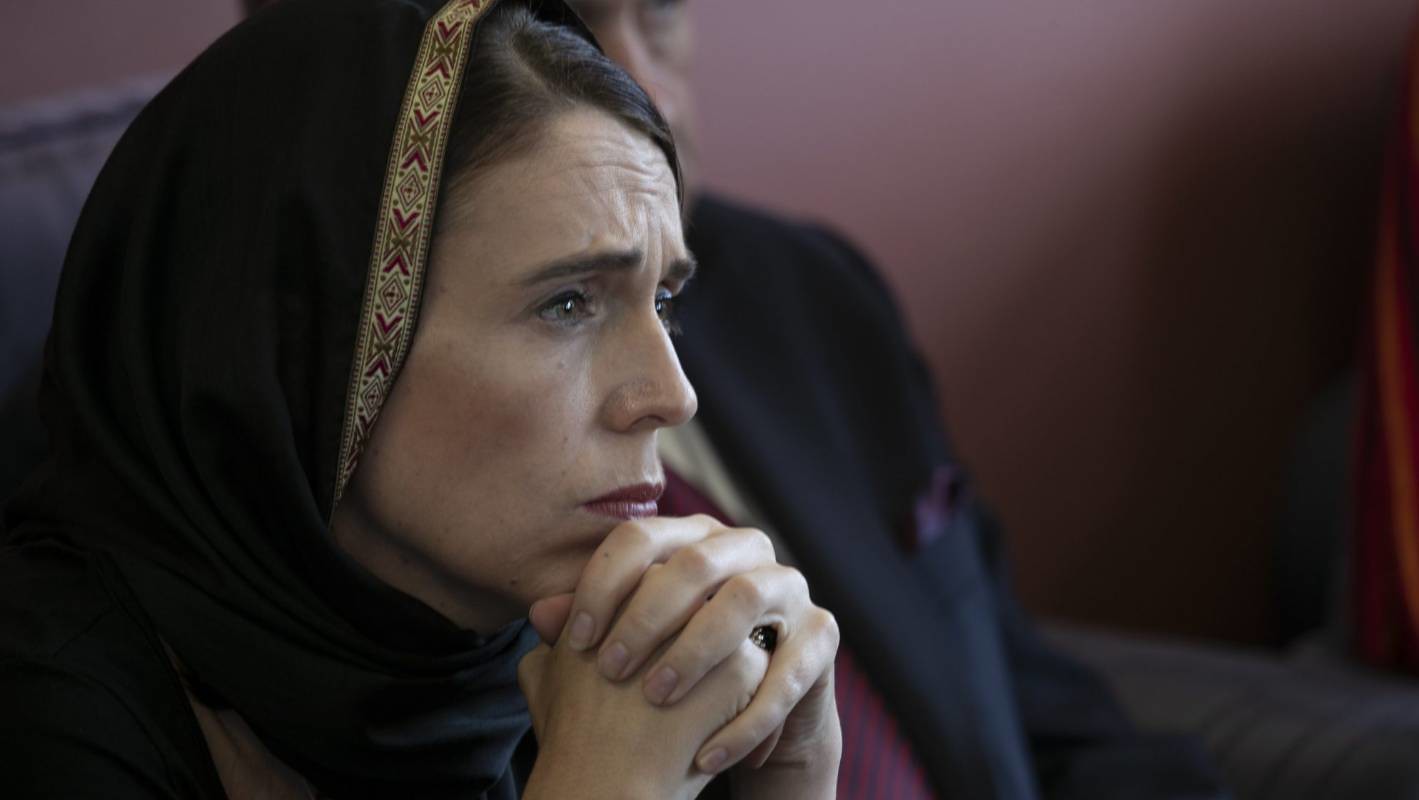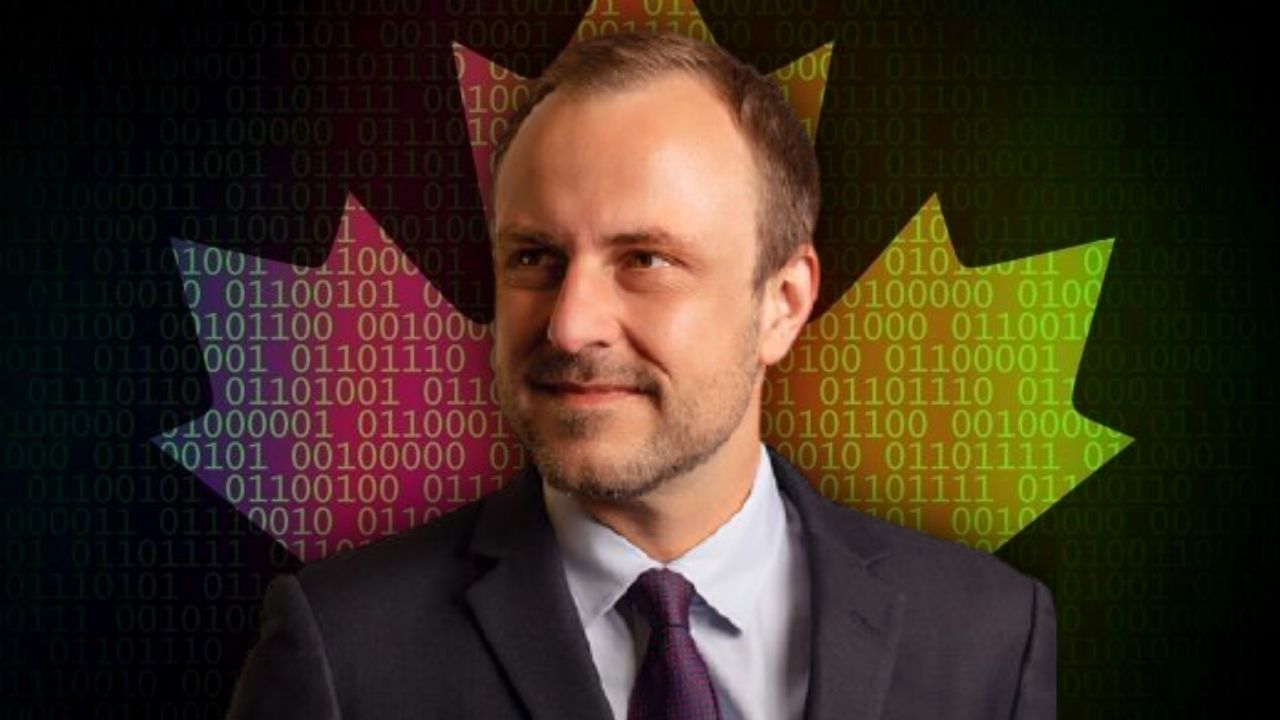When it comes to national security, public safety and threats of violence in our societies there is no shortage of advice and ‘analysis’ available.
This is particularly true in the post 9-11 period when what was originally a niche area of interest, i.e. terrorism, blasted into the stratosphere (I have no intention of using that as an analogy for the horrific events of that day in New York and Washington by the way) and attracted everyone and his dog. ‘Expertise‘ skyrocketed irrespective of whether the label was deserved.
Some of this analysis is quite good; some is downright awful; and in the middle we have contributions that blow hot and cold. Still, on the whole we know a lot more than we once did, although the impact and usefulness of all this brainpower are yet to be seen. After all, terrorism continues on a global scale and a panacea to prevent it is sadly as elusive as the pot at the end of the proverbial rainbow.
What is striking is that in recent years there has been a tendency to switch the conversation from what has to date been the dominant form of terrorism – Islamist terrorism – to the ‘new kid on the block’: right-wing terrorism (usually abbreviated as RWE). If the amount of attention paid to this aspect of terrorism is any indication of its seriousness, we are on the cusp of a new wave of violent extremism (albeit not in a Rapoport sense of waves).
Over the past few weeks I have read articles on how close the US is to civil war and how the far right is moving towards decentralised movements with “far-reaching and dangerous impacts“. There are countless pieces on online hate and extremism wherever you look. Even my former organisation, the Canadian Security Intelligence Service (CSIS), in its most recent annual report wrote that “ideologically-motivated violent extremism” (IMVE) is a higher threat to Canada than “religious extremism” (RMVE).
NB I will not repeat my arguments against the use of these meaningless, cowardly terms to describe far right and Islamist terrorism.
But what if this is wrong?
None of this is to suggest that the very real threat from far right actors is non-existent. A post-Christmas killing in the western US city of Denver by a man described as “dedicated to alt-right philosophies, including masculine supremacy, contrarian COVID-19 beliefs, and targeted violence against the ‘weak'”, is more than ample evidence.
But this concentration on everything RWE suffers from a few significant downsides:
a) There is an unfortunate belief among many that there is a relationship of correlation, bordering on causation, between online content and real world action. Concomitant with this is the conviction that hate and fake information is getting worse. This is simply not true. As Canadian linguist/psychologist Steven Pinker told New Scientist in an interview, “Conspiracy theories are probably as old as human groups. Paranormal woo isn’t new. Neither is fake news. These are maybe the default mode of our species.” In other words, the kinds of information that may feed violent acts are as old as time. Yes, the role of the Internet and social media has replaced the office water cooler in terms of volume and reach, but I have seen nothing to suggest that all this bullshit has led to actual increases in acts of violence. Furthermore, as I learned while working at CSIS, 99.9% of the idiots who post and share violent material online never do a damn thing about it, probably because they are incompetent or cowardly or both. Assuming that a spike in messaging will be followed by a spike in attacks is, as of yet, unsupported.
b) All this speculation over RWE on the horizon ignores the very real elephant currently in the room: Islamist terrorism is showing no signs of abating. Attacks occur on a DAILY basis, RIGHT NOW, in many countries of Africa (Nigeria, the nations of the Sahel, Somalia, Mozambique, the DRC – check out this piece in the Washington Times) and Asia (Iraq, Yemen, Pakistan). And in many Western countries (the UK, France, Germany) law enforcement and security intelligence officers are thankfully thwarting actions by jihadis on a regular basis. That CSIS says RWE is greater than jihadism in Canada may be true – I have no access to current intelligence to counter that statement – but if so it is an outlier in the world and furthermore represents a tremendous change in only 3-4 years (in my time there – from 2001-2015 – Islamist terrorism was by far the greater threat). Canadians should hope this analysis is correct, for all our sakes.
c) One of the supposed primary drivers of RWE is COVID-19 (anti-vaxxers, anti-lockdown activists, conspiracy theorists, those who distrust government, moronic Trump supporters, etc.). If, as it appears (fingers crossed!), COVID is moving from pandemic to epidemic, will this take the wind out of the sails of some (much?) of RWE? No one is saying that this form of terrorism will disappear tomorrow, but does it have the longevity of jihadism? Only time will tell. I cannot wait to see the next Global Terrorism Index to see what the data actually shows happened in 2021.
I know that terms such as ‘Islamist terrorism‘ are unpopular with many these days and that may be part of the reason why it is getting less attention. There are those who see the phrase as ‘racist‘ and a contributor to ‘Islamophobia‘: these people are simply bad analysts in my books and their argumentation is weak. It is also true that RWE is the shiny new object and it benefits from the fact that it is the preferred vehicle of white folk; oddly, no one seems to have a problem with pointing a finger at a whole community in this regard. Nevertheless, unless things shift quickly, the numbers of victims of terrorism will continue to suffer at the hands (and swords, guns and IEDs) of jihadis, NOT RWE actors.
Y2K Panic, Part Two?
Maybe the Y2K panic will serve as a good example of fears that never materialised. Way back at the turn of the millennium everyone predicted the ‘end of the world as we know it’ (thanks Great Big Sea, a GREAT Canadian band from Newfoundland!) because in the early days of computer programing it had been decided to code dates in the format yymmdd (year-month-day). As each date element had only two slots it was not possible for the computer to tell when the 20th century ticked over to the 21st. ‘Experts‘ said computers and online systems would crash when this happened and everything on the planet would come to a standstill. So, when 1999 became 2000 what transpired? Nothing, save for some massive hangovers I’d bet! Note that those of us in intelligence – I was at CSE, Canada’s signals intelligence (SIGINT) agency, at the time – were ‘all hands on deck’ that New Year’s Eve: as a consequence I did not have that legendary hangover!
If I am wrong about RWE, I will wholeheartedly and sheepishly admit my error. If those on the RWE bandwagon are mistaken, will they? I guess we will just have to wait for that admission should the facts call for a ‘mea culpa‘.
Read More About RWE

What if right-wing terrorism is not as bad as many think it is?
Many see terrorism from the so-called ‘far right’ as the single greatest threat to our societies. Is this feeling accurate? What if those who think so are wrong?

What do the New Zealand stabbings tell us about terrorism?
In a world where everyone has concluded that the only threat to the West comes from the ‘far right’, a series of stabbings in New Zealand reminds us this is not 100% accurate.

Peter Neumann – What is going on with extremists in Germany?
Episode 102 – Borealis talks with ICSR’s Peter Neumann to get the lowdown on what is happening in Germany.

